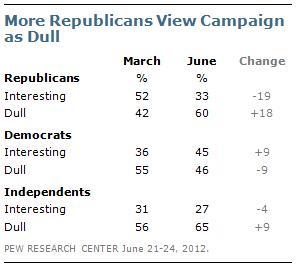This has been another edition of short answers to stupid questions.
Except, well, I want to make a few points.
| Calligraphic representation of Muhammad. Images of him are forbidden. |
Going back to their origins, there's not a dime's bit of difference among Islam, Judaism, and Christianity. They share Abraham as their first prophet, and they all originated in roughly the same part of the world. They all believe in an afterlife, a "Judgment," although the Jews don't stress it and believe in a non-infinite period of punishment for sin in life -- they don't believe in eternal damnation as the Christians and Muslims do.
All three stress good acts; all three have sacred texts; all three believe in the one God (Allah, Yahweh, Jehovah); followers of Muhammad have a history of war, as do Christians and Jews. This is not to say that violence and death are the basis of any of the religions. But it is to say that none of them are, well, Quakers.
A vital turning point with most religions is that they begin as an attempt to understand why we're here and later a body of law develops that generally turns a religion into a vehicle for control, usually with detrimental consequences. Christianity has its canon law, Islam has its hadith, and Judaism has its halakhah. It's these religious laws that take a decent set of beliefs, though based on myth and superstition, and turn them into something, well, not a force for good.
 |
| Not a bad dude, for his day. |
I'm not trying to be a "Can we all get along?" guy, but, hey, religion is quite often not a force for peace and tranquility. "Believe in my God or I'll kill you" has been a modus operandi for centuries. So, the sooner the world gets beyond these ridiculous religious differences, the better.
Anyone who wants to demonize Muslims need only think of Northern Ireland, where differences between two sects of Christianity was the cause of death and destruction for decades.
I was inspired to make these comments because there have been a number of polls that try to determine the percentage of people who believe that Barack Obama is a Christian and the percentage of those who believe he's a Muslim, secret or otherwise. There are a few polls that also attempt to determine if Mitt Romney's Mormonism works for or against him. Apparently it's a wash.
Those for whom this is important are either political operatives, pundits, or voters who would use this distinction to determine their votes. I for one believe that the whole process is absurd at best and contemptible in any event. Sorry. Religion is bunk.
I secretly believe Barack Obama is an atheist, or at least I hope so. He's too smart to accept any of it as real, but he's also too smart to not realize the community that comes with belonging to a church. And, of course, Americans are more likely to elect a Muslim president than an atheist. Thus I don't begrudge any public figure who claims to be a Christian, as long as they don't try to force their beliefs on society.
 |
| Conquering the heathens for Christ. It did involve killing them. |
So I ask: Can we stop judging our leaders by their religion? And, secondly, can we begin the long, hard slog toward electing an atheist? The sooner the better.
Of course, this is like hoping that America will become sane and ban most guns and also enact a government-regulated, single-payer healthcare system. But then waiting for that is like waiting for a television show that portrays abortion in a good light.
Sigh. Some days it's hard to be a progressive. Oh well, God bless you and God bless America. (Wouldn't it be a miracle if a speech by a president didn't end with those words?)














